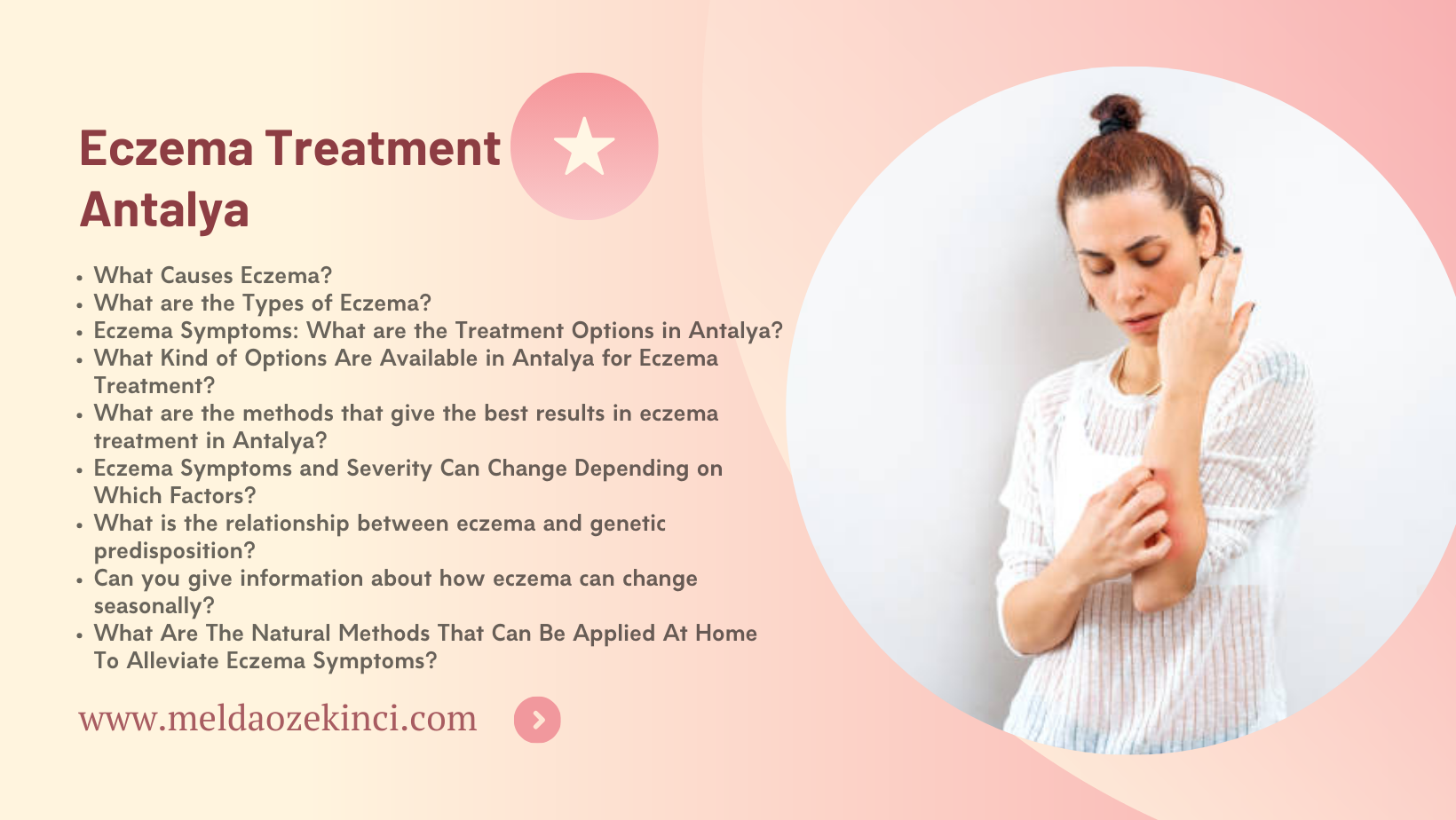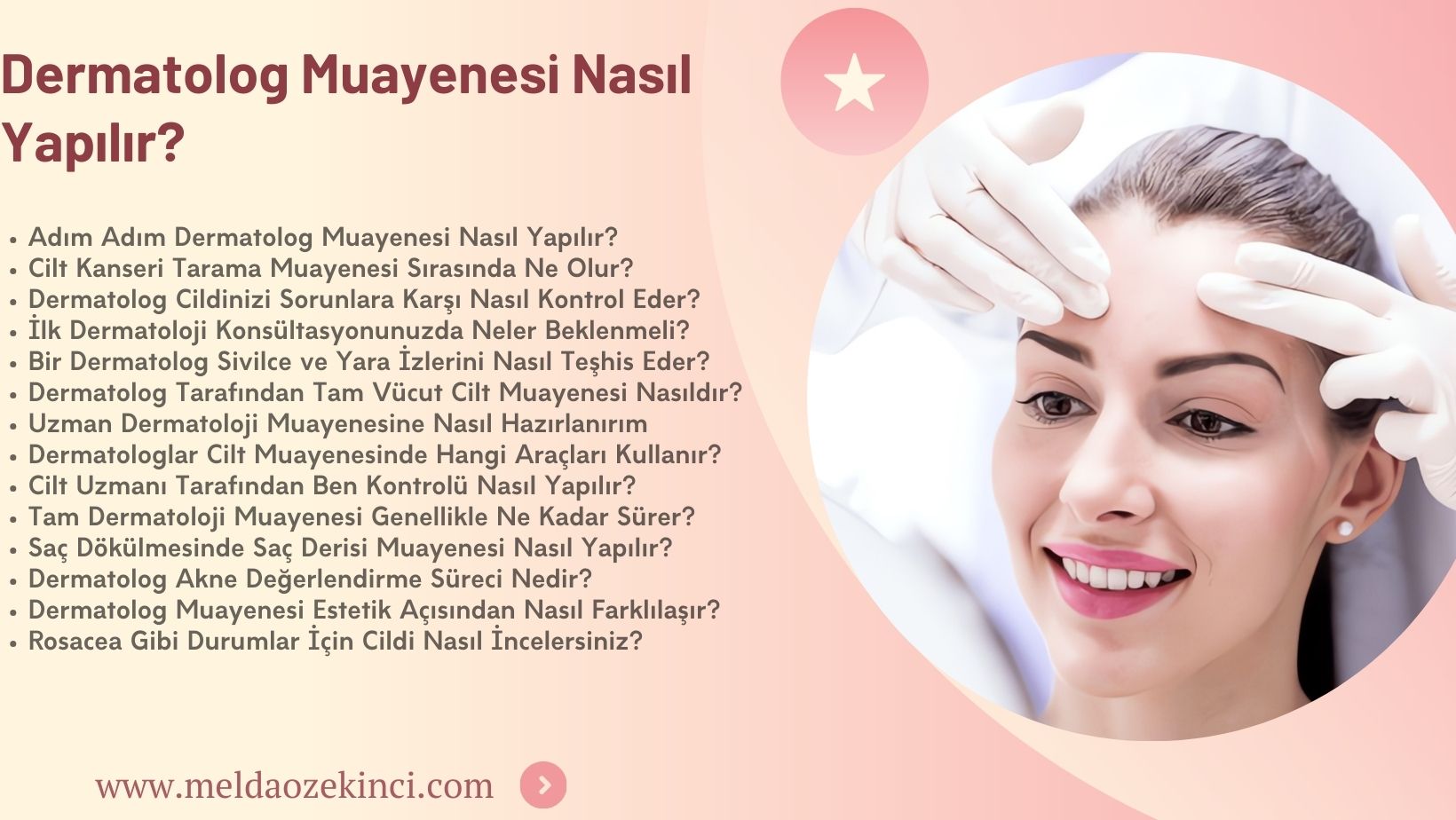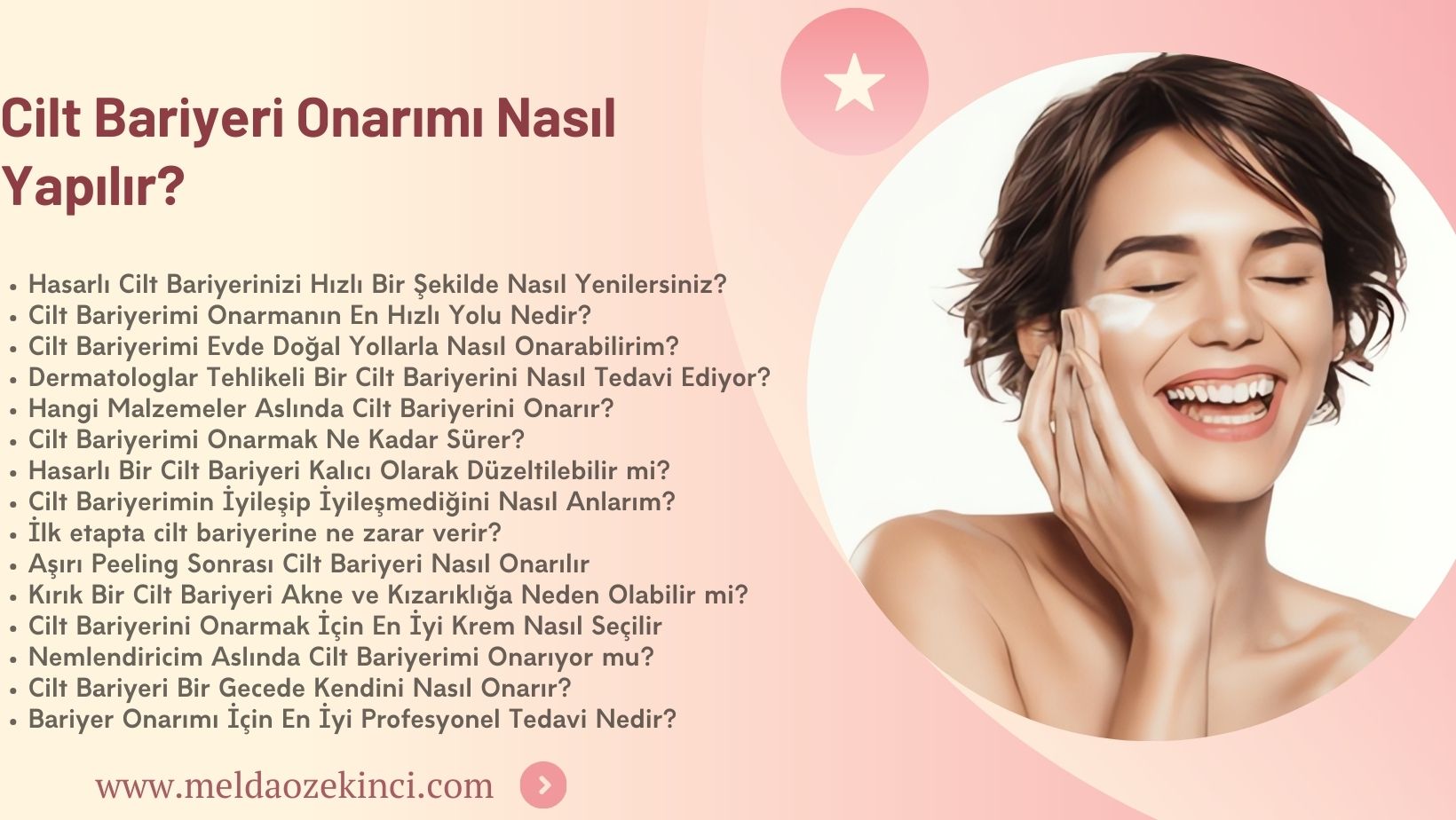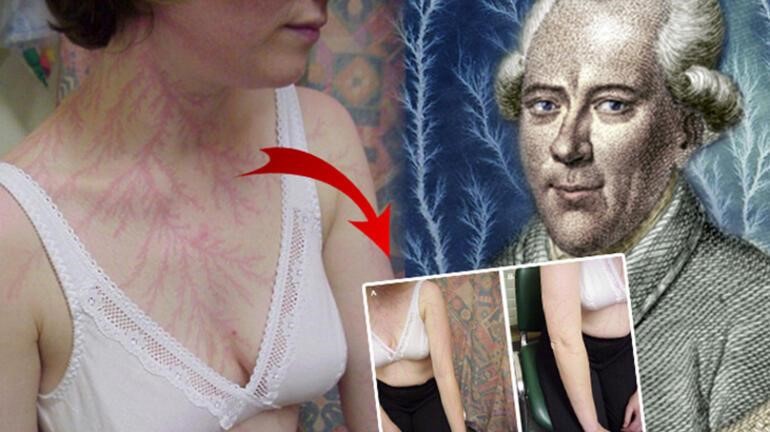Contents
- What Causes Eczema?
- What are the Types of Eczema?
- Eczema Symptoms: What are the Treatment Options in Antalya?
- What Kind of Options Are Available in Antalya for Eczema Treatment?
- What are the methods that give the best results in eczema treatment in Antalya?
- Eczema Symptoms and Severity Can Change Depending on Which Factors?
- What is the relationship between eczema and genetic predisposition?
- Can you give information about how eczema can change seasonally?
- What Are The Natural Methods That Can Be Applied At Home To Alleviate Eczema Symptoms?
What Causes Eczema?
Eczema is a chronic skin condition characterized by symptoms such as itching, redness, blisters, or dryness on the skin. Genetic predisposition, dry skin, allergens, irritants, stress, and hormonal changes are among the causes of eczema. Genetic predisposition increases the likelihood of eczema occurrence in individuals with a family history of eczema. Dry skin, disrupted moisture balance, and dehydration of the skin can exacerbate eczema symptoms. Allergens and irritants can cause skin irritation upon contact, leading to the onset of eczema symptoms. Stress can exacerbate eczema symptoms by affecting the immune system. The causes of eczema can vary individually, and different triggers can be effective in each individual. Identifying triggering factors and avoiding them is important for eczema treatment. Dr. Melda Özekinci, with her expertise in eczema treatment, can offer you the most suitable treatment options.
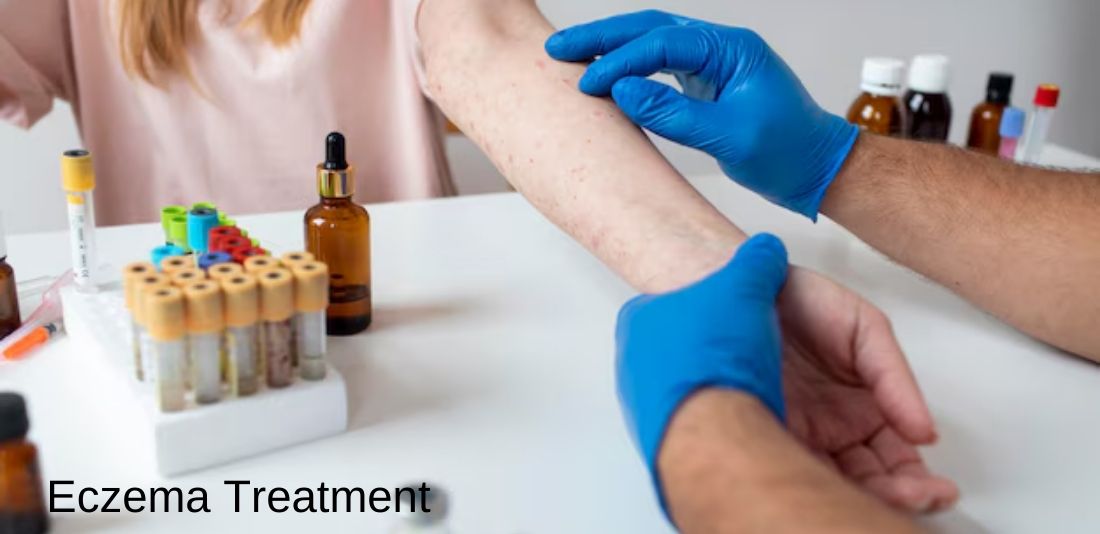
What Are the Types of Eczema?
Eczema is a common skin condition characterized by itching, redness, and a dry, scaly appearance on the skin. Atopic eczema is typically characterized by dry skin, itching, and redness and usually begins in childhood. Contact eczema develops as a result of exposure to a specific substance on the skin. Seborrheic eczema is associated with excessive activity of the sebaceous glands and is observed in areas where sebaceous glands are abundant, such as the scalp, face, and chest. Nummular eczema is characterized by dry, red patches that appear as round or oval lesions. The types of eczema can vary depending on the severity, appearance, and triggers of the symptoms. Eczema treatment typically requires a personalized approach based on the severity and type of symptoms. Proper diagnosis and treatment plan by a specialist dermatologist can control eczema symptoms.
Symptoms of Eczema: What Treatment Options Are Available in Antalya?
Symptoms of eczema can manifest with various symptoms such as redness, itching, dryness, blisters, swelling, and sometimes thickening of the skin. While this condition can lead to discomfort and aesthetic problems on the skin, it can also negatively affect daily life quality. There are various effective treatment options available in Antalya for eczema treatment. These options are applied to alleviate eczema symptoms, control inflammation, and improve skin health. Eczema treatment usually requires a personalized approach based on the individual's symptoms, skin type, and triggering factors. Clinics and specialists offering eczema treatment in Antalya provide services to patients using modern medical methods as well as traditional and alternative medicine approaches.
What Treatment Options Are Available for Eczema in Antalya?
Eczema is a common skin problem that causes distressing symptoms such as redness, itching, and inflammation. There are various treatment options available in Antalya for eczema treatment. These options are applied to alleviate eczema symptoms, control inflammation, and improve skin health. To determine the best options for eczema treatment in Antalya, it is important to consult with a specialist dermatologist and create your personalized treatment plan. For more information on eczema treatment and to make an appointment, please visit our clinic.
What Are the Most Effective Methods for Eczema Treatment in Antalya?
In Antalya, eczema treatment offers various methods under the leadership of Dr. Melda Özekinci to achieve successful results. Topical treatments are commonly used to reduce skin inflammation, alleviate itching, and strengthen the skin barrier. Steroid and non-steroid creams, lotions, and ointments can quickly alleviate eczema symptoms. Additionally, systemic treatments prescribed for severe or widespread symptoms include corticosteroids, immunomodulators, and antihistamines. Phototherapy uses special light sources to reduce inflammation and alleviate symptoms, especially effective in cases where other treatments are ineffective. Natural and alternative methods are also preferred; regular use of moisturizers helps maintain skin moisture and reduce symptoms. Natural oils, oat baths, and herbal teas can also be supportive. Dr. Melda Özekinci's expertise and experience are used to develop the most effective treatment plan tailored to the individual needs of patients. For information on eczema treatment or to make an appointment, you can contact the clinic.
What Factors Can Eczema Symptoms and Severity Vary Depending On?
Eczema symptoms and severity can vary depending on a variety of factors. These factors include environmental factors (such as cold weather, dry air, allergens), stress levels, skin care habits, and diet. In some cases, eczema symptoms can worsen suddenly, while in others, they may improve periodically.
What Is the Relationship Between Eczema and Genetic Predisposition?
Eczema is associated with genetic predisposition because the development of the disease depends on various genetic factors. In particular, family history can increase the risk of eczema. It is known that some genes affect the function of the skin barrier and mutations in these genes can increase the risk of eczema. However, it should be noted that genetic predisposition alone does not determine the development of eczema. Environmental factors, allergens, stress, and other factors also play a role in the development of eczema. Genetic predisposition is just one risk factor and should be evaluated along with other factors contributing to the development of the disease. Personalized approaches considering genetic predisposition should be adopted in eczema treatment. Communication
 English
English 


